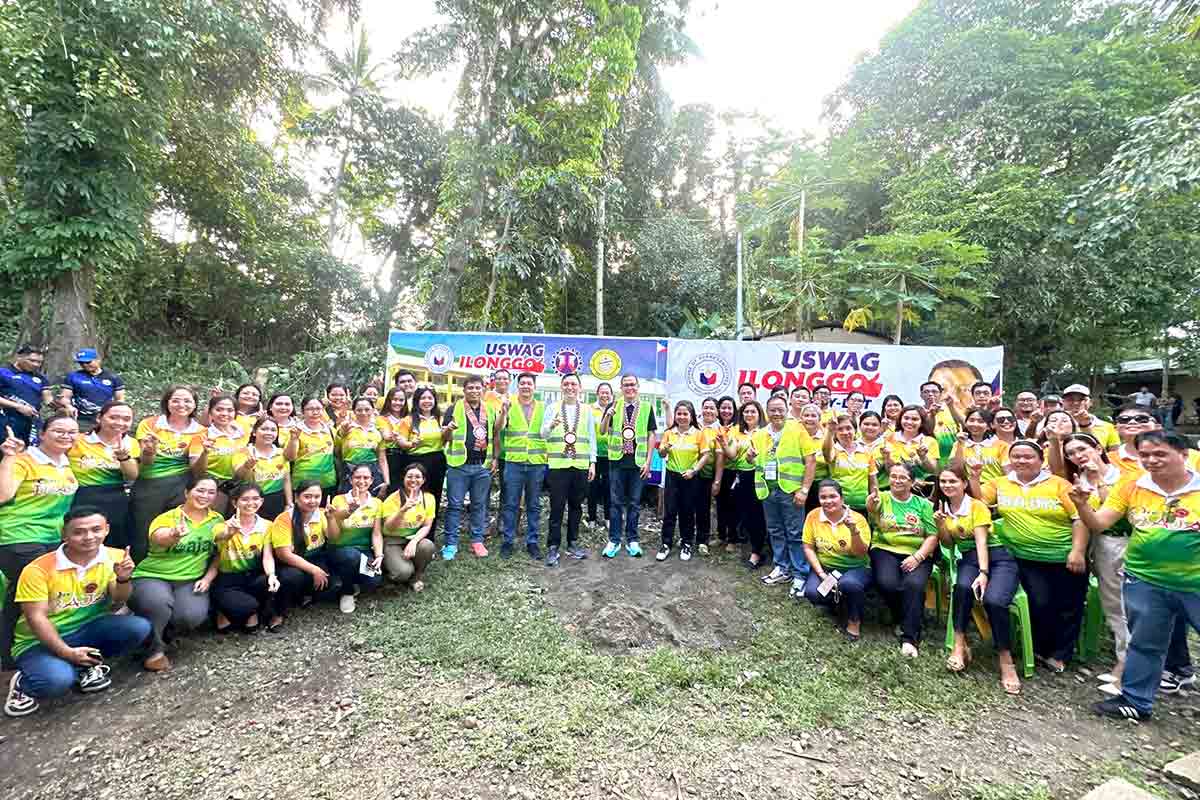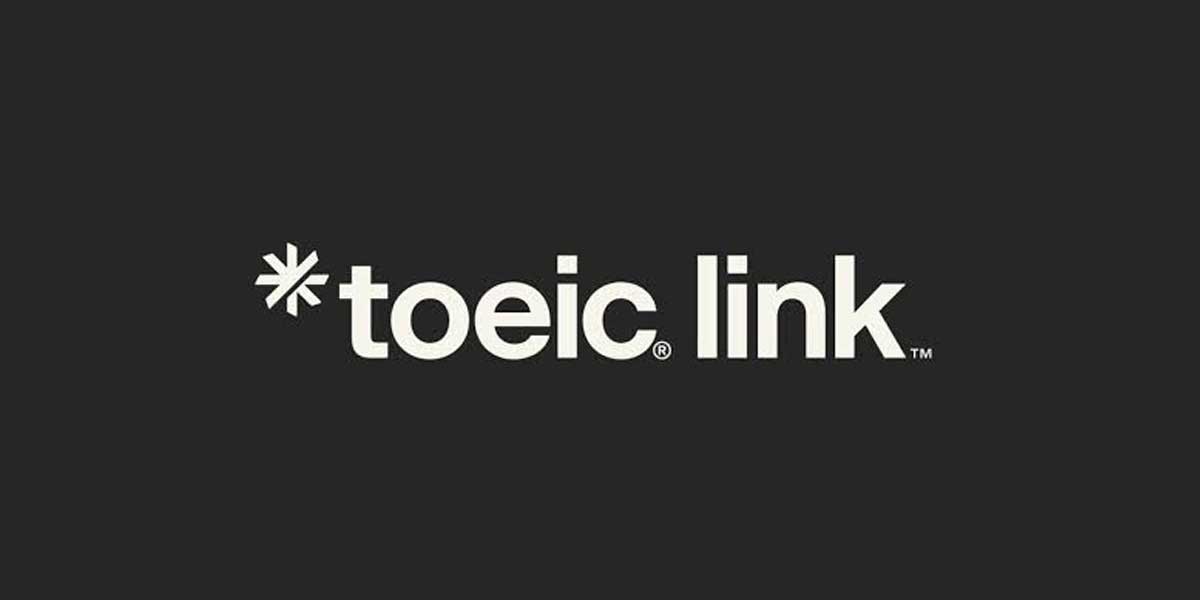
By John Noel E. Herrera
Some Ilonggo drivers welcomed the latest decision of the Land Transportation Franchising and Regulatory Board (LTFRB) to extend the deadline for the phaseout of traditional passenger jeepneys in the country to Dec 31, 2023.
On Wednesday, March 1, LTFRB announced that instead of June 30, traditional jeepney drivers and operators have until the end of the year to join a cooperative or corporation before they are granted a provisional authority for a franchise. They will not be allowed to operate if they fail to beat the deadline.
LTFRB Chairperson Teofilo Guadiz III said they extended the deadline “in deference” to the Senate resolution “strongly urging the LTFRB” to postpone the jeepney phaseout and to allow transport sectors more time to find other cooperatives.
Under the transport modernization program of the government, jeepney operators and drivers must form or join a cooperative or corporation as a requirement for the registration of their units.
The modernization will result in the replacement of old, traditional jeepneys with modern ones that are more environment-friendly.
With the latest announcement from LTFRB, one driver said he was happy knowing that the extension would give him more time to earn money for his family.
“Ti mayo man kay i-extend nila kay amu lang man ni amon pangitan-an para mabuhi amon pamilya. Makabyahe pa kami lawig-lawig,” Eduardo Sandig said.
“Paul” also expressed the same sentiment, citing that the extension would be beneficial to sustain the needs of his three daughters who are all studying.
Western Visayas Transport Cooperative (WVTC) chairman Raymundo Boyet Parcon said the extension would give more time to other drivers and operators to consolidate and complete their requirements to join a cooperative.
“Ang aton nabal-an, i-extend ang aton consolidation sa traditional jeep naton amu ining ara sa probinsya sang Iloilo like pwede ka pa makapa-myembro sa aton cooperatives kag pwede pa ka-consilidate,” Parcon said.
“Amu man ni nga hambal ta man dayon nga dapat i-extend gid sang LTFRB ang aton mga prangkisa para ini man sa mga ending 1, ending 2 nga consolidated na ini, ma-renew man naton liwat sa LTO (Land Transportation Office) naton kay ang ending 1 kag 2 nakapundo na ni sila, wala na nakabyahe, tungod hindi sila pag-renew,” he added.
LTFRB-6 Legal Counsel Atty. Jun Altura previously explained that they could not overstep the LTO policy that bars the renewal of registration of jeepney units with provisional authority (PA) or special permits that are shorter than six months.
The LTFRB will prepare a new memorandum circular with guidelines on the consolidation and modernization program.
Despite the call for a nationwide transport strike, Parcon stressed that they would not join the protest, as doing so would violate the regulations of the Cooperative Development Authority (CDA) and the Office of Transportation Cooperatives (OTC).
Transport cooperatives must register with the two agencies as mandated by LTFRB guidelines on the modernization of public transportation.
He added that there are other ways to express objections to the phaseout of traditional jeepneys, but the proposed strike would be disadvantageous to both drivers and commuters.
Iloilo City Alliance of Operators and Drivers Transport Cooperatives (ICAODTC) secretary Rizalito Alido told Aksyon Radyo Iloilo that their cooperative would not join the weeklong strike.
The modernization program was one of the priority programs of the Duterte administration to address transport-related problems and transportation demand in the country.
Transport groups in Metro Manila threatened to hold a one-week transport strike to force LTFRB to withdraw Circular Memorandum No. 2023-013, which sets the deadline for the phaseout of traditional jeepneys on June 30.
The groups also want LTFRB to further extend the franchise of traditional jeepneys to at least another five years.
The franchise for traditional jeepneys was supposedly set to expire by the end of March nationwide, except for Metro Manila which was until the end of April in accordance with the Public Utility Vehicle Modernization Program.
















